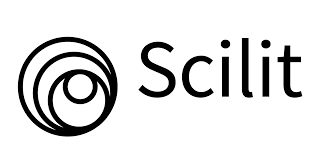Implementasi Customer Relationship Management (CRM) di Atria Hotel Malang
Abstract
Atria Hotel Malang is one of the four-star hotels located in Malang City which is in the heart of Malang city. The hotel management needs to implement a marketing strategy in the form of Customer Relationship Management (CRM) to create customer satisfaction with the services provided. In implementing the CRM strategy, there are four implementations to create and manage customer relationships, namely: (1) Identification; (2) Differentiation; (3) Interaction; (4) Customize. The research method used by the researcher is a qualitative research method. Based on the results of the study, it can be concluded that the implementation of Customer Relationship Management (CRM) in the sales and marketing department in maintaining and maintaining good relationships with customers has been carried out well in developing brand awareness to the public, but in the application of customer relationship management it has not been carried out effectively because it is still there are many customer databases in the corporate segment that accumulate and are no longer valid as a result of uneven relationship management to customers. Atria Hotel Malang requires creative and innovative ideas every year to be able to improve product quality and company image in front of consumers.
Copyright (c) 2021 Didit Rahadi Wicaksono

This work is licensed under a Creative Commons Attribution-NonCommercial 4.0 International License.
The author whose manuscript is published agrees to the following conditions:
- Publication rights of all journal manuscripts published / published on the JKTP website are held by the editorial board with the author's knowledge (copyright remains the author's).
- The formal legal provisions for access to digital electronic journal articles are subject to the provisions of the CC Attribution-Non-Commercial 4.0 license, which means JKTP has the right to store, transfer media / formats, manage in the form of a database, maintain, and publish articles without asking permission from the author as long as the author's name remains as the copyright owner.
- Manuscripts published / published in print and electronically are open access for the purpose of education, research and libraries. Apart from these purposes, the editorial board is not responsible for violations of copyright law.




.png)










